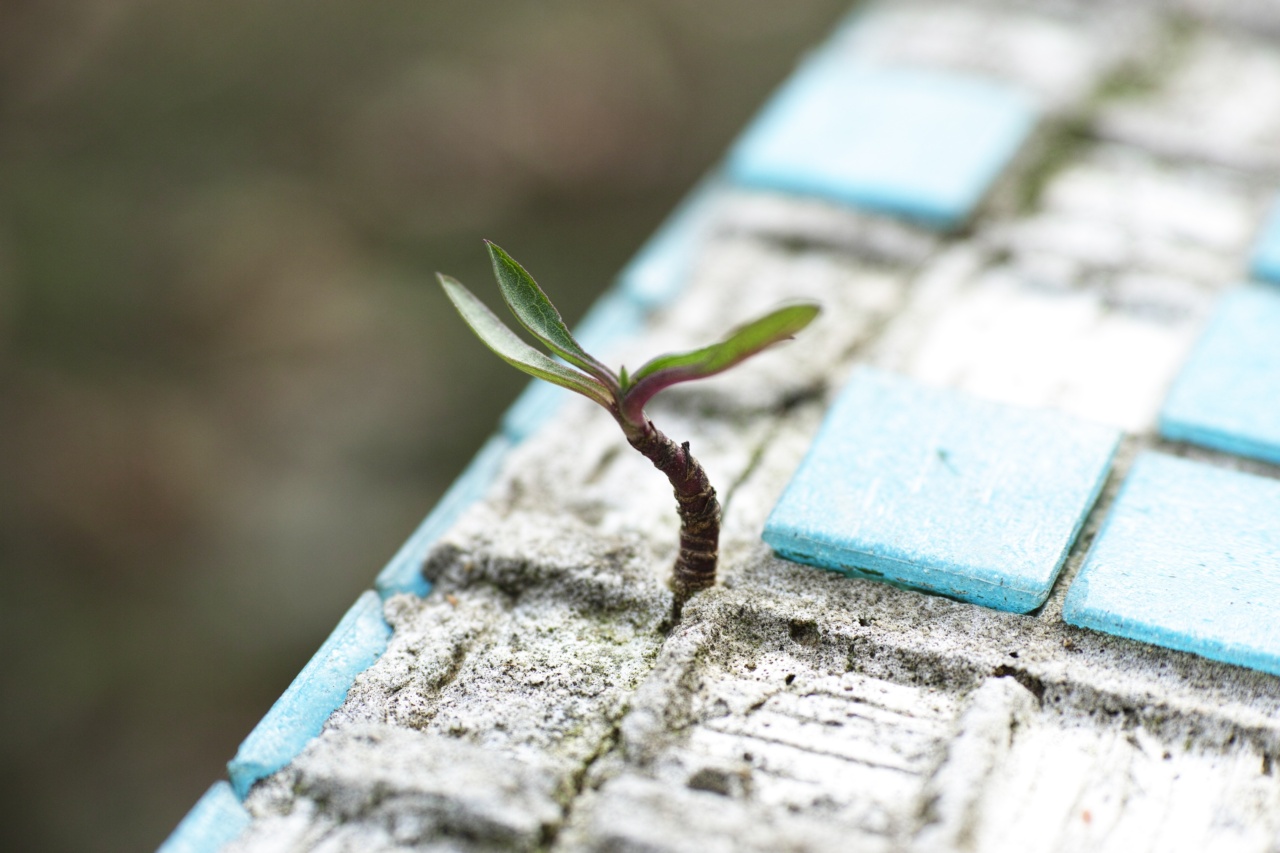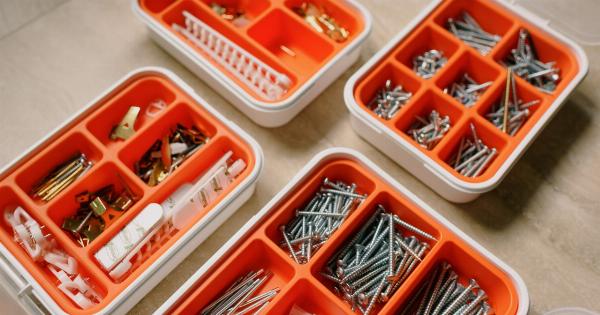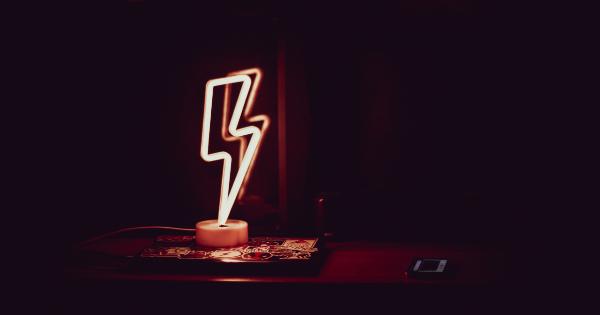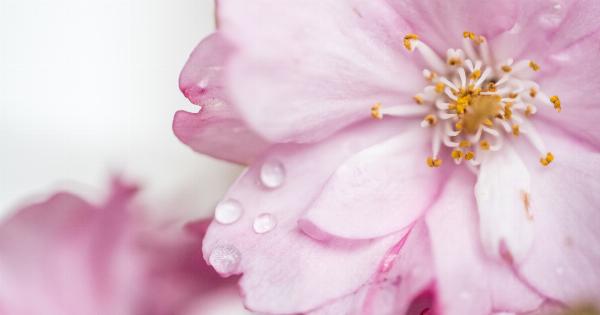The pollen season can be a challenging time for those who suffer from allergies. The relentless onslaught of pollen in the air can cause sneezing, itchy eyes, and aggravate respiratory conditions.
However, with the right techniques for protection, you can navigate through the pollen season without being overwhelmed by its effects.
Understanding Pollen
Before we delve into the techniques for protection, it is essential to understand what pollen is and how it affects our bodies. Pollen is a fine powder produced by plants, trees, grasses, and flowers for the purpose of fertilization.
It becomes airborne and is easily inhaled, triggering an allergic reaction in susceptible individuals.
Check Pollen Forecasts
One of the first steps in surviving the pollen season is to stay informed about pollen levels in your area. Check local pollen forecasts regularly to know when the pollen count is high and plan accordingly.
This will allow you to adjust your outdoor activities and take necessary precautions when pollen levels are at their peak.
Create an Allergy-Free Zone
To minimize your exposure to pollen, consider creating an allergy-free zone in your home. This can be achieved by keeping windows closed, using air purifiers with HEPA filters, and regularly vacuuming and dusting.
Additionally, avoid hanging laundry outside to dry as pollen particles can easily stick to fabrics.
Monitor Indoor Air Quality
Indoor air can sometimes be more polluted than outdoor air, so it is crucial to maintain good indoor air quality. Make sure your home is well-ventilated and consider using a dehumidifier to control humidity levels.
Cleaning or replacing air filters in your HVAC system regularly will also help reduce pollen particles circulating indoors.
Wear Protective Clothing
When venturing outdoors during the pollen season, wearing the right clothing can make a significant difference. Opt for long-sleeved shirts, pants, and closed-toe shoes to minimize the amount of exposed skin.
Wearing a hat and sunglasses can also provide additional protection for your face and eyes, reducing the chances of pollen coming into contact with sensitive areas.
Use Pollen-Resistant Masks
If you have severe pollen allergies or need to spend extensive time outdoors during high pollen counts, consider using a pollen-resistant mask. These masks are designed to filter out pollen particles, preventing them from being inhaled.
Look for masks labeled N95 or N99, which offer the highest level of filtration.
Limit Outdoor Activities
During the peak pollen season, it may be necessary to limit your outdoor activities, especially during early mornings and evenings when pollen levels are typically higher.
If you need to be outside, try to choose times when the air is less likely to be saturated with pollen, such as after rainfall.
Rinse Off After Being Outdoors
When you return indoors after being outside during the pollen season, take a shower and rinse your hair to remove any lingering pollen particles.
This will help prevent pollen from spreading throughout your home and minimize the risk of prolonged exposure.
Consider Allergy Medications
If protective measures alone are not sufficient to manage your allergy symptoms during the pollen season, consult with your healthcare provider about allergy medications.
Antihistamines, nasal sprays, and eye drops can provide relief by reducing inflammation and blocking the effects of histamine, which is released during an allergic reaction.
Explore Natural Remedies
In addition to traditional allergy medications, some natural remedies may help alleviate pollen allergy symptoms. The use of saline nasal rinses, butterbur supplements, and local honey are among the popular options.
However, it is important to consult with a healthcare professional before using any natural remedies, as they may interact with other medications or have contraindications.
Maintain a Healthy Lifestyle
A healthy lifestyle can strengthen your immune system and potentially reduce the severity of your allergic reactions.
Maintain a well-balanced diet rich in fruits and vegetables, exercise regularly to boost your immune system, get enough sleep, and manage stress effectively. These lifestyle factors can contribute to your overall well-being and may also help mitigate the impact of pollen allergies.
Conclusion
The pollen season can be a challenging time for allergy sufferers, but with the right techniques and protective measures, it is possible to survive and minimize the effects of pollen allergies.
Stay informed, create an allergy-free zone, wear appropriate clothing, and consider the use of protective masks. By taking these steps and maintaining a healthy lifestyle, you can navigate through the pollen season with greater ease and comfort.



























